The United Nations and the EU are both projects of idealism struggling to adapt to a world defined by realpolitik, writes Vera Spyrakou. Yet Europe’s success in turning former rivals into partners gives it a unique authority to develop a new model of multilateralism.
The United Nations celebrated its 80th anniversary on 24 October. Eight decades after the adoption of the United Nations Charter in San Francisco, its opening words “We the peoples of the United Nations…” still resonate.
The Preamble’s vision of peace, human rights and collective security emerged from the ruins of a war that had shattered Europe and devastated much of the world. It was, in many ways, a moral and institutional response to total destruction – the belief that rules and cooperation could replace force and rivalry.
For the European Union, born from the same historical moment and animated by similar ideals, this anniversary invites more than commemoration. It calls for reflection on what multilateralism means today, and how Europe can help renew it.
The UN Charter once symbolised the birth of a universal order grounded in shared norms. Yet in 2025, that promise appears fragile. From the wars in Ukraine and Gaza to widening North-South divisions and the paralysis of the UN Security Council, global politics is fractured.
The world has become, as Jürgen Habermas might put it, “post-universalist”: normatively divided, institutionally weakened and politically multipolar. In this divided world, Europe’s challenge is to reconcile two roles it has long claimed for itself, the custodian of universalism and the actor in geopolitics. Its credibility, legitimacy and influence depend on how convincingly it can do both.
From San Francisco to Brussels – parallel projects of peace
The UN Charter and the European project share a moral and political DNA. Both emerged from the conviction that power without law breeds catastrophe and that peace must be built on institutions, not deterrence alone.
The post-war architects of European integration, from Jean Monnet to Robert Schuman, were deeply influenced by the same multilateral idealism that shaped the UN. While the UN sought to embed cooperation at the global level, the European Communities pursued it regionally, beginning with coal and steel, expanding to a common market, and ultimately to a political union.
In both cases, the logic was transformative: binding states together through interdependence and shared rules would make conflict not only unthinkable but materially impossible. This normative inheritance still underpins the EU’s self-conception.
The Union sees itself as a normative power, advancing universal values through diplomacy, aid and law rather than coercion. Its treaties explicitly commit it to promoting the UN Charter’s principles – peace, democracy, human rights and the rule of law – in its external action. In this sense, the EU is both a product and a partner of the multilateral order the Charter inaugurated.
Yet this shared lineage also brings shared vulnerabilities. Both the UN and the EU are projects of idealism struggling to adapt to a world defined by realpolitik. Both are being tested on whether their founding visions can survive amid power asymmetry, disinformation and fragmentation.
The erosion of universalism
The moral architecture of 1945 was premised on faith in universality, that human rights, peace and collective security could command global assent. That assumption no longer holds. The UN system is paralysed by great-power rivalry, while the humanitarian ideal is routinely undermined by selective interventions and geopolitical expediency.
For Europe, this global erosion of universalism exposes a deeper paradox. The EU champions a “rules-based international order”, yet many beyond its borders perceive those rules as being selectively applied. The credibility of universal norms has been weakened by perceived double standards in trade, migration and conflict. While the EU condemns violations of international law in Ukraine, it has struggled to maintain consistent moral clarity elsewhere.
Habermas foresaw this dilemma: the tension between the universal claims of liberal modernity and the plural realities of a post-colonial world. In today’s divided international order, Europe cannot simply defend the old universalism; it must help to reconstruct a more inclusive one. That means recognising that legitimacy cannot be proclaimed and must be built through dialogue, reciprocity and example.
From normative power to strategic multilateralism
The EU’s foreign policy rhetoric often oscillates between moral universalism and geopolitical realism. The notion of a “geopolitical Commission” introduced by Ursula von der Leyen sought to project strategic maturity, yet Europe’s instruments remain largely normative: sanctions, regulations and diplomacy. In a world of hard power, the EU risks appearing normatively ambitious but strategically hesitant.
But Europe’s distinctive contribution has never been raw power. Its comparative advantage lies in its institutional imagination thus its ability to translate moral aspiration into durable forms of cooperation. The EU is, by design, a laboratory for peaceful coexistence through law. Its success in turning former rivals into partners gives it a unique authority to advocate for a reformed multilateralism that is both principled and pragmatic.
A renewed “strategic multilateralism” would therefore combine a firm defence of international norms with a willingness to engage plural centres of power. It would recognise that cooperation must adapt to diversity, not erase it. This implies a shift from normative assertion to normative co-creation: shaping global rules together with emerging powers, regional organisations and civil societies.
Such an approach would also demand introspection. The EU must confront its own inconsistencies – from the externalisation of migration controls to uneven attention to conflicts beyond its borders. Strategic credibility begins with normative coherence. Europe’s global role will not rest on its moral claims alone, but on the authenticity of its practice.
Reimagining multilateralism in a divided world
If the UN Charter articulated an ideal of universalism, the twenty-first century demands its reinvention. The EU can help lead that process in three key ways. First, by reinvesting politically in global institutions. Europe’s advocacy for Security Council reform, global taxation or digital governance should be more than declarative – it must involve sustained coalition-building with states from the Global South that seek a fairer voice in global rulemaking.
Second, by bridging the moral North-South divide. Europe’s engagement with the Global South must move beyond aid and conditionality towards genuine partnership – recognising that the legitimacy of multilateralism depends on shared authorship. Initiatives like the Global Gateway could become platforms for co-owned infrastructure and innovation rather than instruments of influence.
Third, by renewing universalism through self-reflection. The EU’s internal adherence to human rights, democratic standards and the rule of law strengthens its external credibility. In Habermasian terms, legitimacy arises from communicative consistency: aligning what Europe is with what it claims to represent. A Europe that defends pluralism, transparency and justice at home can more convincingly advocate them abroad.
Europe’s task of renewal
The UN Charter’s Preamble promised to “unite our strength to maintain international peace and security”. That aspiration remains compelling precisely because it feels so distant. The world is divided by interests, narratives and the erosion of trust in the very institutions created to sustain peace. Yet division does not absolve Europe of responsibility – it magnifies it.
To renew the global promise of multilateralism, the EU must act as both guardian and reformer – defending the principles of the Charter while reimagining them for an era that no longer takes universality for granted. Its global role lies not in preserving a past order, but in designing the frameworks of coexistence that might replace it.
In this, Europe’s vocation is not to speak for the world, but to help the world speak to itself again, through law, dialogue and solidarity. If the UN Charter was the world’s post-war social contract, then the EU, born from its spirit, must now help to draft its renewal.
Note: This article gives the views of the author, not the position of EUROPP – European Politics and Policy or the London School of Economics. Featured image credit: European Union



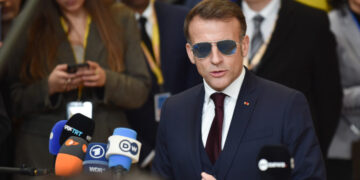
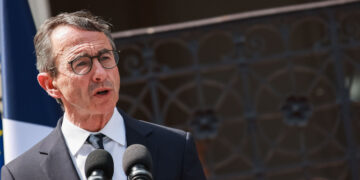











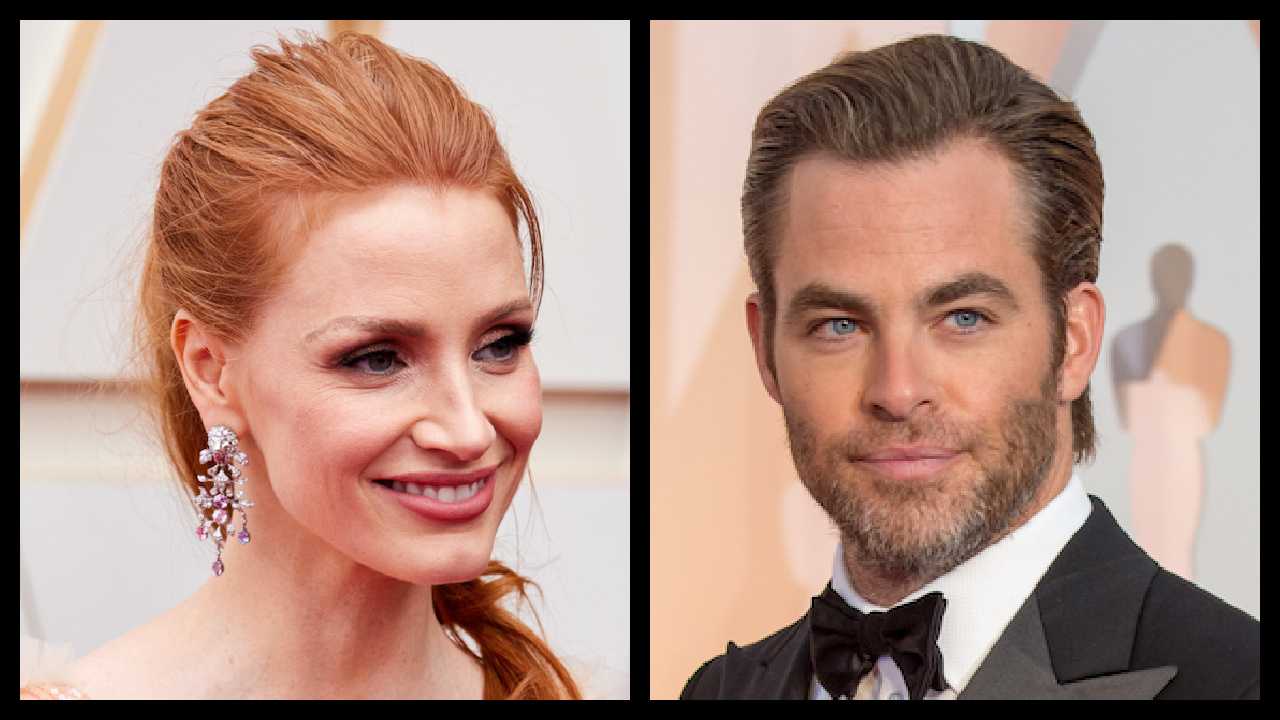
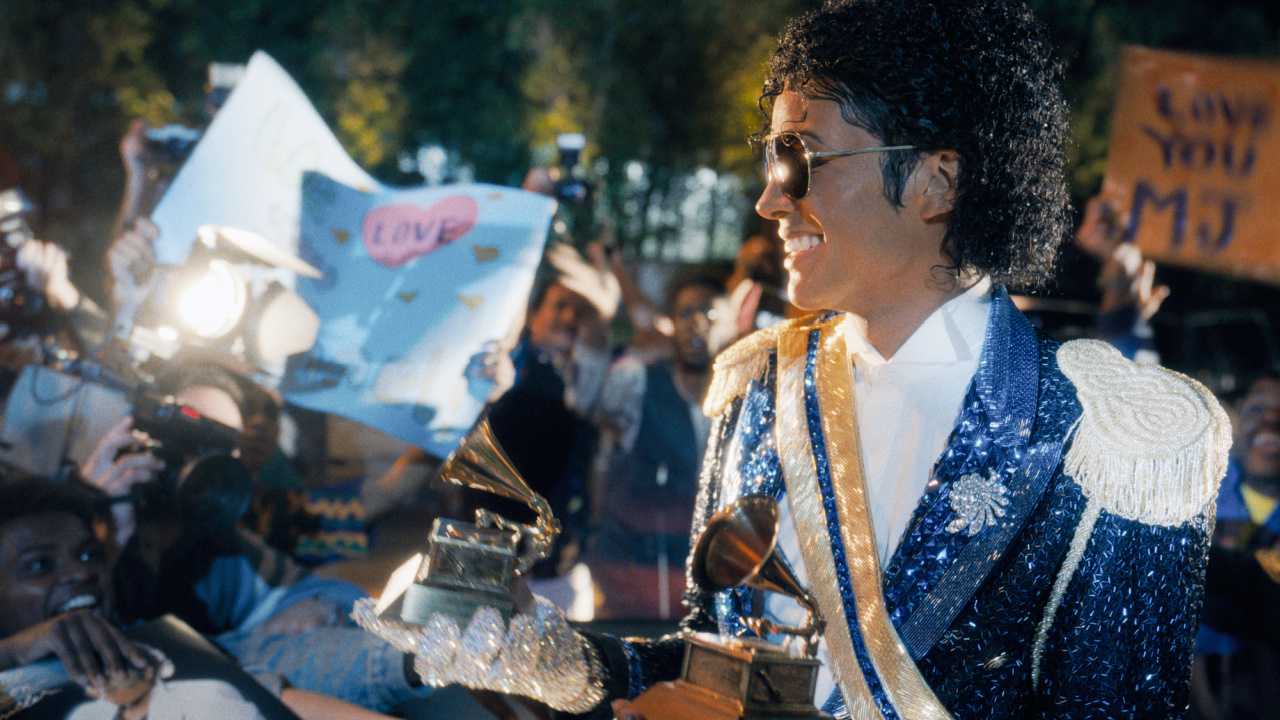
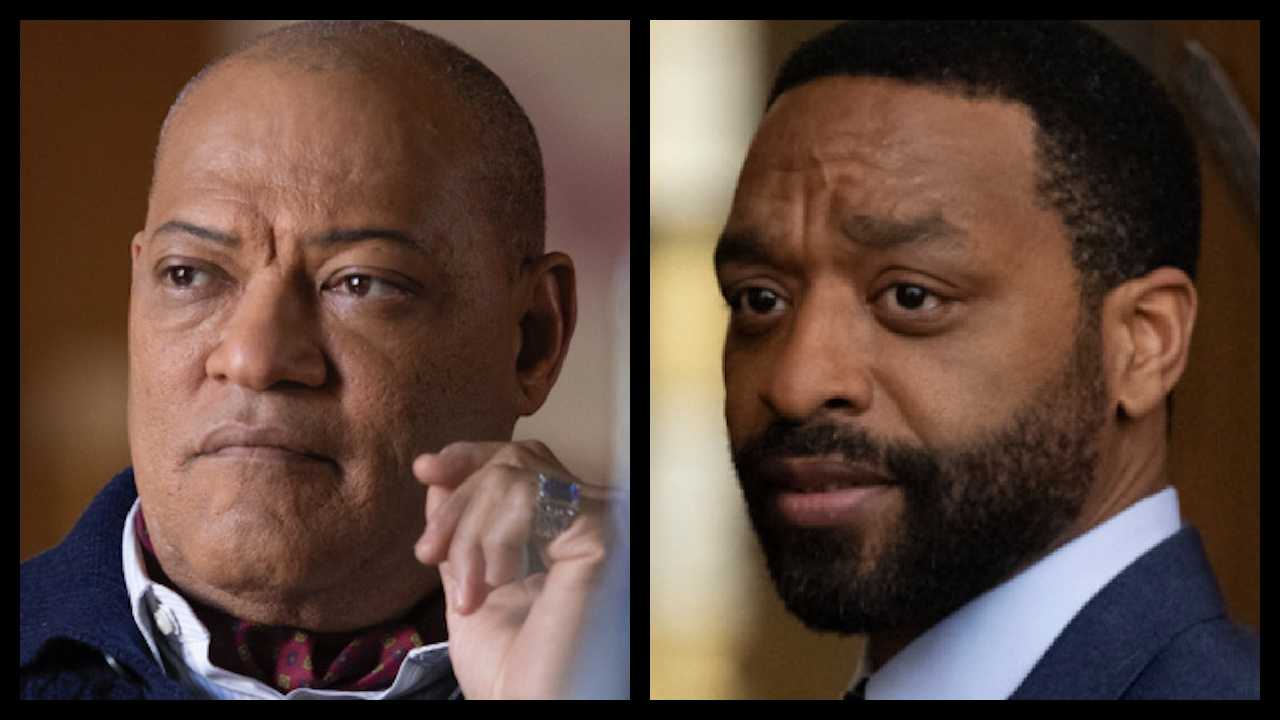

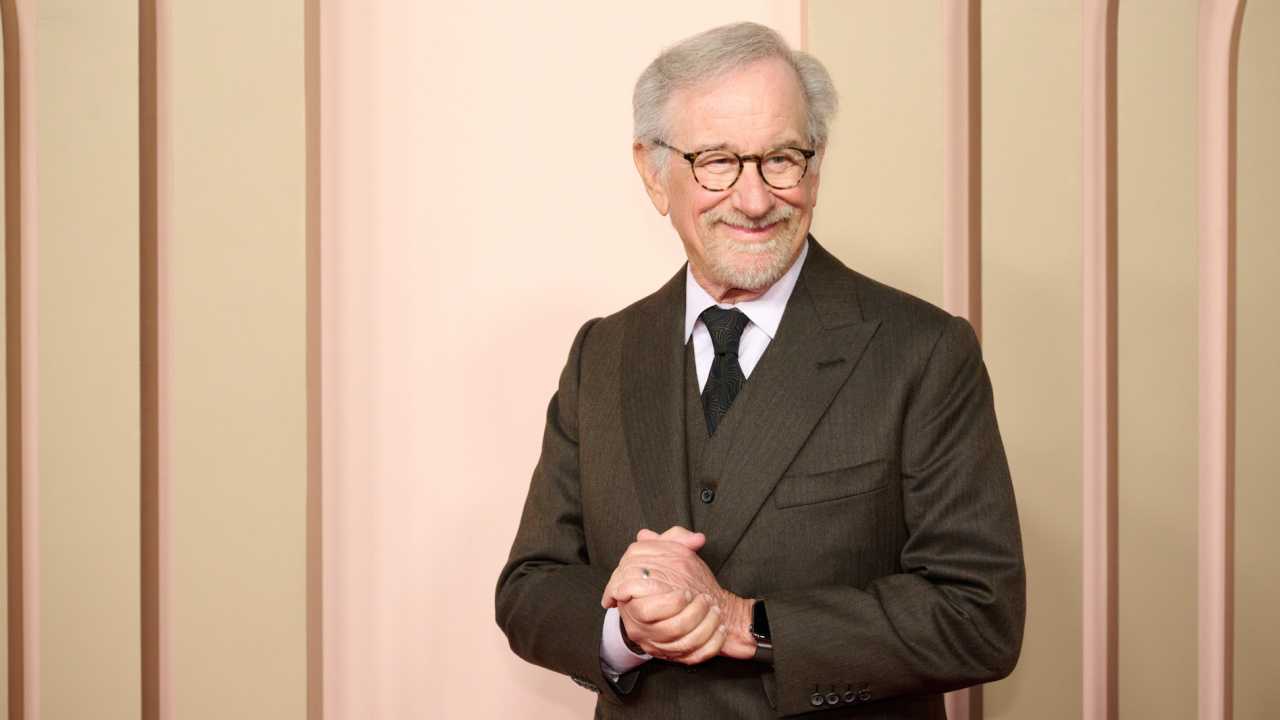



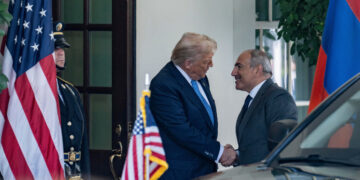

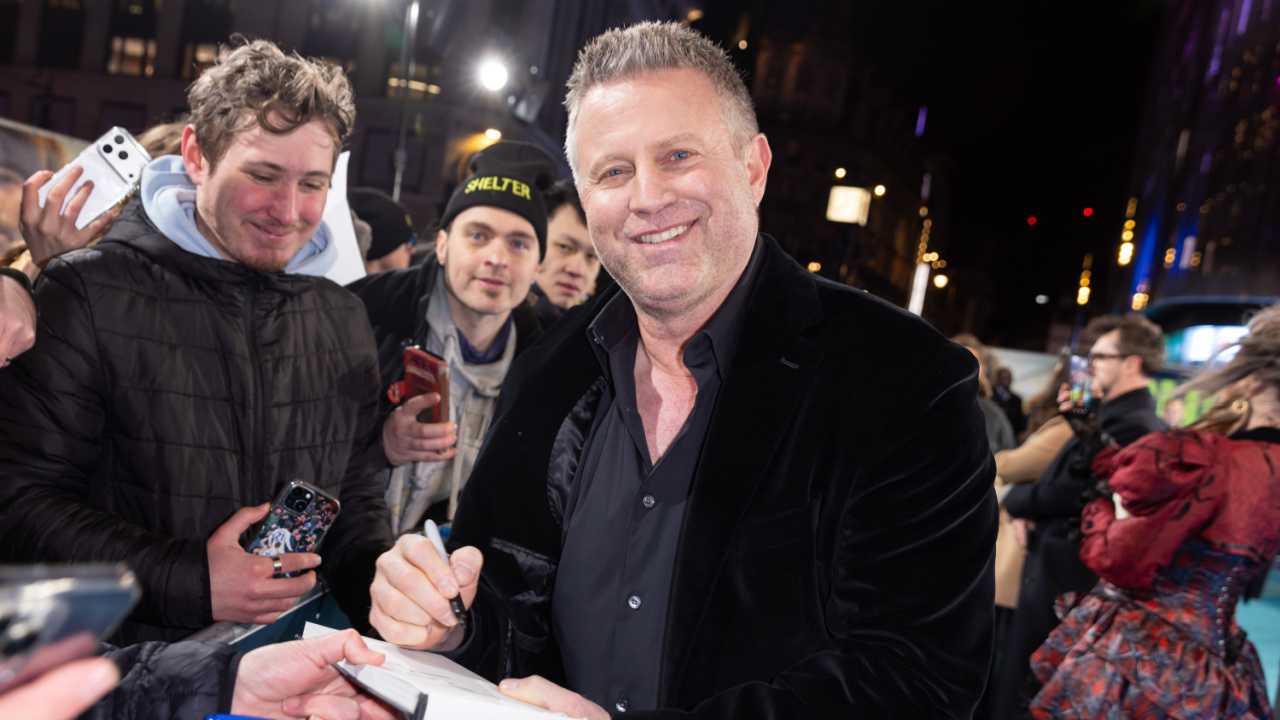



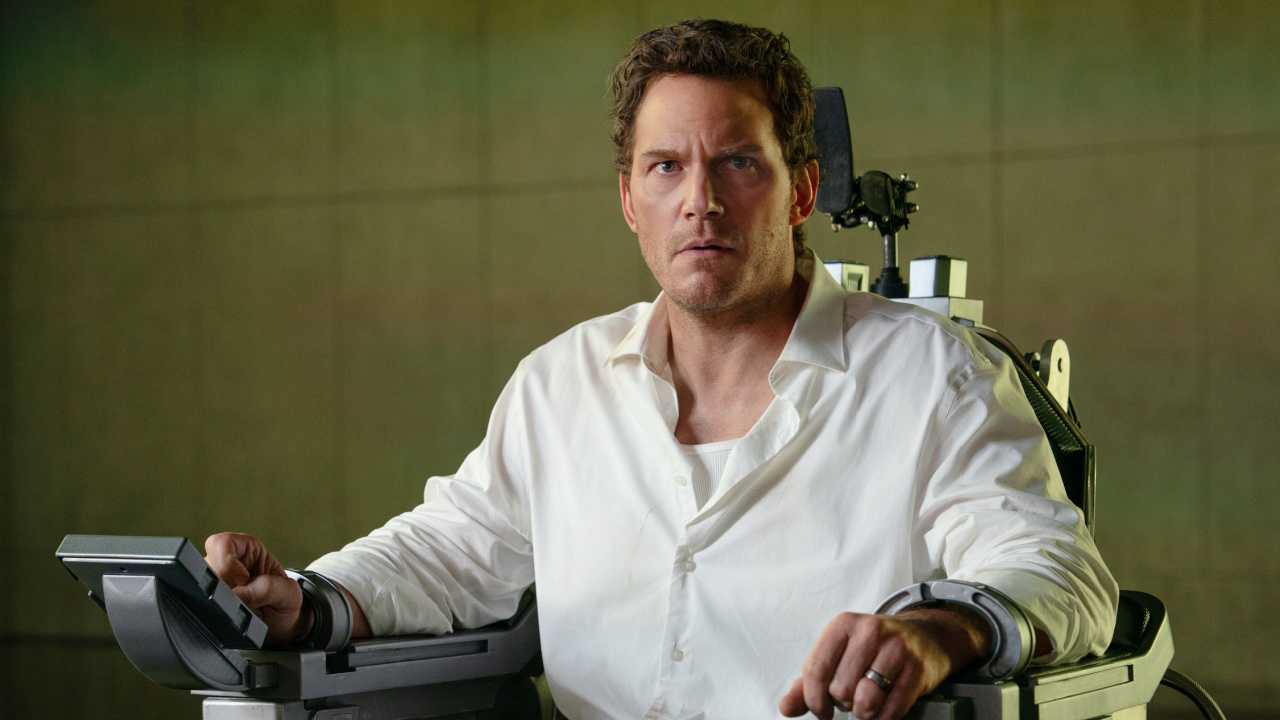

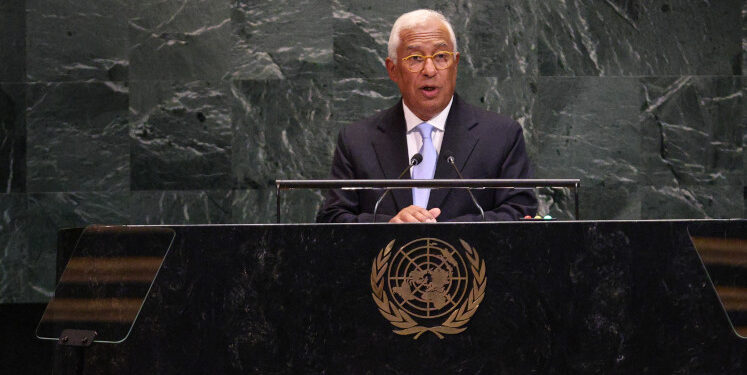







Discussion about this post